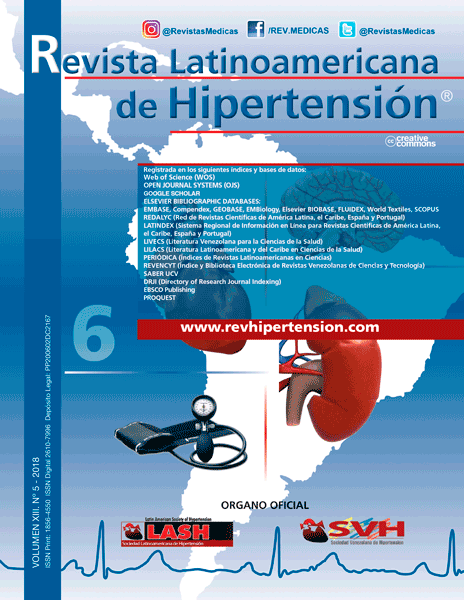Investigation of the relationship between structural empowerment and reduction of nurses’ occupational stress and job burnout (case study: nurses of public hospitals in Tehran)
Keywords:
structural empowerment, occupational stress, job burnoutAbstract
Introduction: Empowerment is one of the most importantsolutions for creating traits such as creativity, innovationand superior job performance. For this, the purposeof this study was to investigate the relationship betweennurses’ structural empowerment and reduction of theiroccupational stress and job burnout (case study: nurses ofpublic hospitals in Tehran)Method: This is a descriptive - correlational study that investigates400 nurses of the selected hospitals of TehranUniversity of Medical Sciences. The statistical populationincludes the nurses with undergraduate degrees who havespent the period of human resource planning ( at least2 years of work experience ) without sick leave of morethan 1 month in the last 6 months and certain chronicconditions that affect burnout, such as severe migraineheadaches and backache. Maslach Burnout Questionnaire,Spreitzer’s Structural Empowerment Questionnaireand Job Stress Questionnaire were used to collect data forthe research. Then, SPSS, version 18.0 and statistical testof regression were used to analyze the data.Results: The structural empowerment of nurses had aninverse correlation with job stress and burnout, while jobburnout had a direct relationship with job stress (P<0.001).Regression results showed that structural empowerment hada greater impact on job burnout compared to job stress.Conclusion: Structural empowerment is an internal motivationfactor that is reflective of the active role of staff inthe organization. Supportive working environment is themost important factor for job satisfaction among nurses.Using the results of this research, nursing managers canprovide adequate work environment to continue their activitiesby increasing organizational support. Consideringthat job burnout reduces the quality of nursing care, increasesstress and ultimately reduces the satisfaction ofpatients, its prevention is effective in improving nursingservices, increasing the satisfaction of patients, reducingnurses stress and preventing their burnout at work.Downloads
Download data is not yet available.
Downloads
Issue
Section
Artículos

